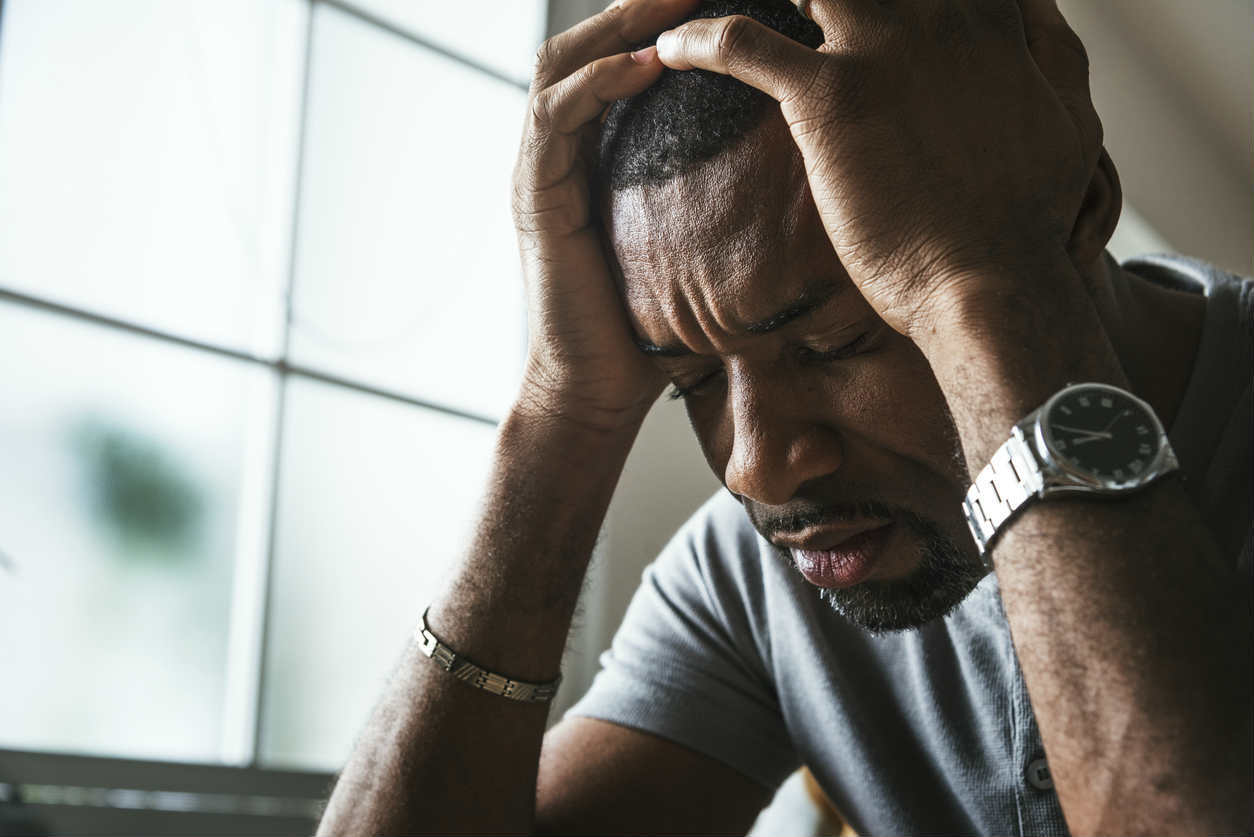Injured workers experience depression at a higher rate than the general population. Here are some tips to cope.
One positive development of our modern culture is the lessened stigma of mental health conditions. The result is that many people who used to swallow their feelings now seek help and benefit greatly from getting it. Depression management is especially relevant to injured workers because this population experiences mental health conditions at a significantly higher rate than the general population. Here are 6 depression management tips for injured workers.

Talk to a Mental Health Professional
Your best shot at fighting depression is speaking to with a professional. They will have a conversation with you, decide whether or not they want to diagnose you with depression, and present treatment options to you. Whether you settle on lifestyle adjustments or medication is up to you, but either way, consulting a professional is a smart decision.
Find New Social Environments
One thing that you’ll lose when you’re out of work is the social environment it provides. Even if you don’t consider your coworkers to be friends, just being around them and having conversations adds to your life. Once you leave, it is in your best interest to replace this effect by joining some sort of group or organization.
Stay on Top of Your Nutrition
You might find that your nutrition slips considerably after your work injury. While this mistake is understandable, you must do your best to fight it. Poor diet is one of the critical factors that is associated with depression, so improving it is an excellent way to fight against it.
Exercise However You Can
Your physical limitations likely will not allow you to exercise as you once did. Still, you should have some way to get your blood pumping after your injury. Doing so will raise your confidence and decrease depressive symptoms significantly.
Stick to a Reasonable Sleep Schedule
Poor sleep patterns is another cause of depression that not many people talk about, and it is especially relevant to injured workers. The reason is that many decide to stay up late because they don’t have to wake up early for work anymore. Doing so is a mistake, as the optimal sleep schedule is going to sleep and waking up somewhat early.
Do Your Best to Return to Work
One of the biggest causes of depression after work injuries is not having somewhere to go and something to do every day. You can counteract this effect by doing your best to return to your job. Even if you do so part-time or in a light duty role, getting back to work is an excellent goal to have.
No matter what, you should never be ashamed of your mental health. Many injured workers just like you feel the same way and a significant portion of them fight those problems successfully. Additionally, you have an excellent shot at getting your mental health treatment paid for through your work. Exploring this option is best done with the help of a St. Louis workers compensation lawyer. Give the Law Office of James M. Hoffmann a call 24/7 at (314) 361-4300 for a FREE case evaluation.
